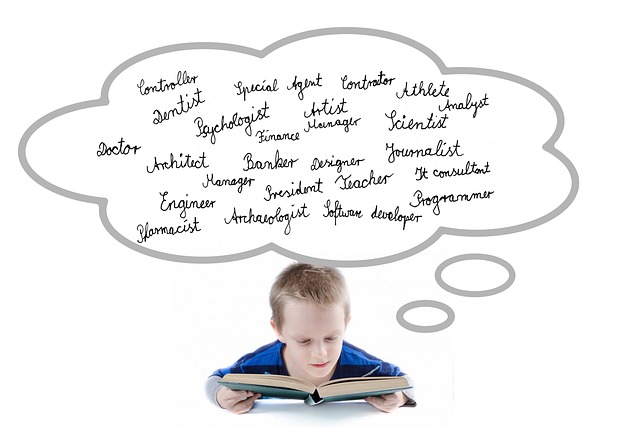Differences Between Child Psychology and General Psychology
Child psychology and general psychology offer distinct paths within the study of human behavior. While general psychology provides a broad understanding of mental processes, child psychology focuses on developmental stages, emotional growth, and behavioral patterns in children.

Educational Requirements and Career Paths in Psychology
The journey to becoming either a child psychologist or general psychologist begins with similar foundational education but diverges in specialization. General psychology studies typically involve a broader curriculum covering multiple psychological theories and approaches. Child psychology requires additional specialized training in developmental stages, family dynamics, and pediatric mental health assessment techniques.
Understanding Developmental Psychology Principles
Developmental psychology forms the cornerstone of child psychology practice, focusing on how cognitive, emotional, and social growth occurs from infancy through adolescence. This specialized knowledge differs from general psychology’s broader approach, which encompasses adult psychological processes and behaviors across all life stages. Child psychologists must understand specific developmental milestones and age-appropriate interventions.
Clinical Approaches and Treatment Methods
Child psychology emphasizes play therapy, art therapy, and family-based interventions, adapting communication methods to suit younger clients’ cognitive abilities. General psychology typically employs more traditional therapeutic approaches, including cognitive behavioral therapy, psychodynamic therapy, and talk therapy, suited for adult comprehension levels.
Child Mental Health Assessment and Diagnosis
Child mental health assessments require specialized tools and techniques distinct from general psychological evaluations. Child psychologists must consider developmental stages, family dynamics, and educational environments when diagnosing conditions. General psychologists focus on adult-oriented diagnostic criteria and assessment methods.
Training and Certification Requirements
Professional certification paths differ between child and general psychology practitioners. While both require graduate degrees, child psychologists often pursue additional certifications in areas like play therapy or pediatric neuropsychology.
| Specialization | Required Education | Additional Certifications | Typical Practice Settings |
|---|---|---|---|
| Child Psychology | PhD/PsyD + Specialization | Play Therapy, Pediatric Mental Health | Schools, Children’s Hospitals, Private Practice |
| General Psychology | PhD/PsyD | Various Optional Certifications | Clinics, Hospitals, Private Practice |
Note: Career requirements and certifications may vary by location and jurisdiction. Independent research is advised before making educational or career decisions.
This article is for informational purposes only and should not be considered medical advice. Please consult a qualified healthcare professional for personalized guidance and treatment.




